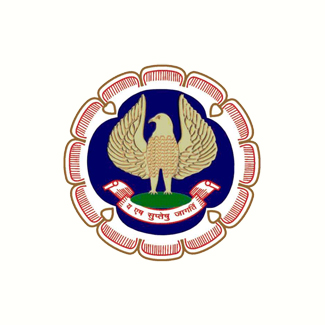Historically, the role of an auditor has been that of a financial ‘gatekeeper’ which makes it imperative for the auditor to be independent and free from any conflict of interest both in fact and in appearance. This becomes even more important with regard to public companies with hundreds of thousands of investors, who suffer from severe information asymmetry. While the Enron episode led to the enactment of Sarbanes Oxley Act, 2002, and the establishment of the Public Company Accounting Oversight Board (PCAOB) in the US, the Satyam episode brought about a shift from a self-regulatory framework to an independent regulatory framework with the constitution of the National Financial Reporting Authority (NFRA) under the Companies Act, 2013, in India. The Institute of Chartered Accountants of India (ICAI) has been up in arms against the constitution of NFRA, contending that it would affect their disciplinary power vis-à-vis their members and create a regulatory overlap. The Financial Reporting Council (FRC) of the United Kingdom regulates auditors of public companies and delegates certain tasks related to auditors of private companies to five recognised self-regulatory organisations (SROs), which it can revoke anytime. The FRC can also impose penalties on the SROs if they fail to perform their duties properly. In the United States, the PCAOB regulates auditors of public companies whereas professional bodies continue to regulate auditors of private entities. However, unlike India, where the disciplinary body consists of elected practicing chartered accountants (CAs), the professional bodies in the United States consist of appointed members,who are independent of practicing CAs to prevent conflict of interest. In China, there are three regulators of the audit profession, namely, the ministry of finance, the Chinese Institute of Certified Public Accountants and the Chinese Securities Regulatory Commission. With the constitution of NFRA, India is now eligible to become a member of the International Forum of Independent Audit Regulators (IFIAR), which was denied untilnow for want of an independent audit oversight body in the country. There is no contradiction or overlap between NFRA and ICAI, as each of them has their exclusive jurisdiction. Hence, both should meaningfully co-exist and harness mutual synergies and complementarities. Finally, ICAI should accept the reality that NFRA has come to stay.
NFRA is a necessity, ICAI contentions are contrary to international standards

